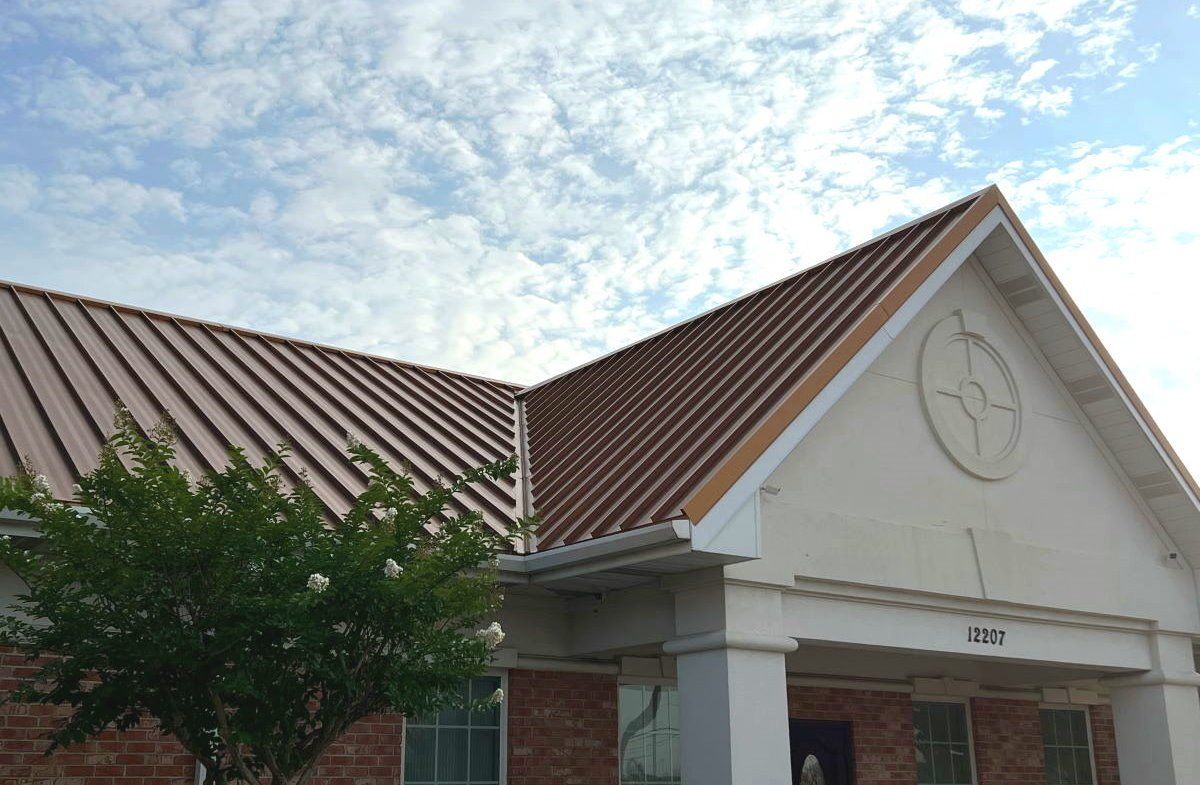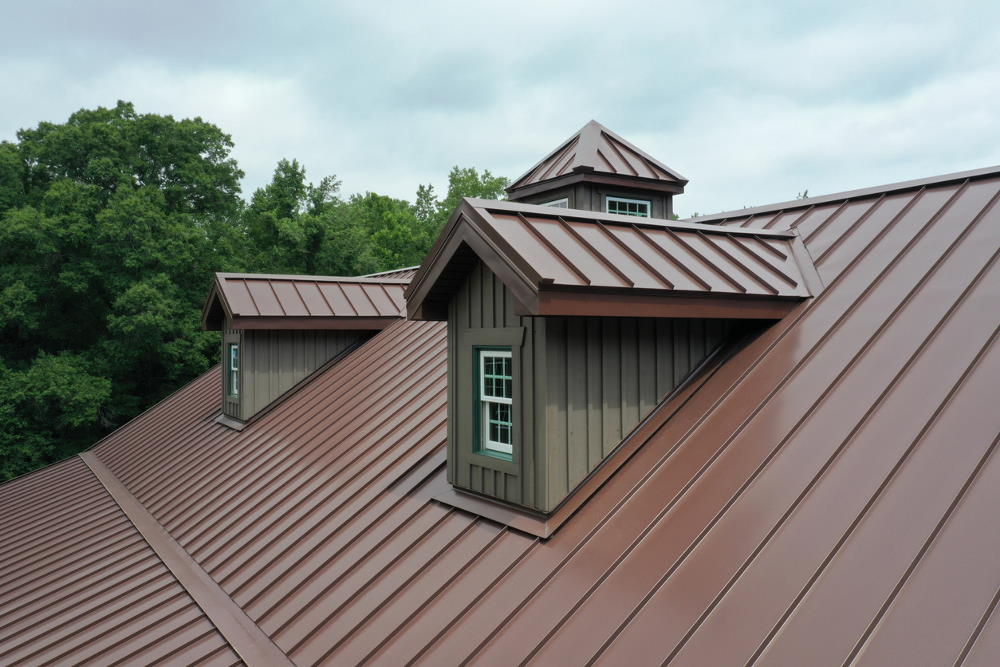When the time comes to consider your roofing needs, homeowners may find themselves grappling with a significant decision: should they opt for a partial roof replacement or go all out with a full roof replacement? This article will delve deep into the nuances of both options, equipping you with the knowledge and confidence to make an informed choice.
Understanding Your Roofing Needs
Before jumping into the specifics of partial versus full roof replacement, it's essential to grasp what drives the need for either option. Here, we’ll explore various factors that can influence your decision.
Identifying Roof Damage
The first step is identifying the extent of damage your roof has sustained. Are you dealing with minor leaks or major structural issues?
- Minor Damage: Patching up small leaks and replacing a few shingles might suffice. Major Damage: If you observe extensive wear and tear, perhaps from age or severe weather conditions, it may signal the need for a complete overhaul.
Common Signs Indicating Roof Issues
Leaks: Water stains on ceilings indicate potential roof issues. Missing Shingles: A noticeable absence can lead to further damage. Sagging: A sagging roof could mean structural failure. Moss Growth: While beautiful, it often indicates trapped moisture.The Role of Roofing Contractors
Finding qualified roofing contractors is crucial in determining whether to proceed with a partial or full replacement.
Types of Roofing Contractors
- Licensed Roofing Contractors: Ensure regulatory compliance and quality work. Certified Roofing Contractors: Often have specialized training for specific materials. Best Roofing Contractors: Recognized for exceptional service and customer satisfaction.
Questions to Ask Your Contractor
What experience do you have in handling similar cases? Can you provide recent references? What are your estimated costs for both partial and full replacements?How to Choose Between a Partial or Full Roof Replacement
When considering how to choose between a partial or full roof replacement, weigh your options carefully against the following criteria.
Cost Considerations
One of the most significant factors influencing your choice is cost.
- Partial Roof Replacement Cost: Generally lower; may range from $1,000 - $5,000 depending on the extent of repairs needed. Full Roof Replacement Cost: Higher upfront investment; typically ranges from $5,000 - $20,000 based on materials and labor.
Longevity Expectations
A complete roof replacement offers longer-lasting results compared to patching up sections:
- Partial replacements might only extend life by 5-10 years. Full replacements can last 20 years or more, depending on material quality.
Material Choice Impact on Decision
Your choice of roofing material will also dictate whether repairs are feasible:
- Asphalt shingles allow for easier patching but may not match well over time. Metal roofs often require complete replacement if damaged significantly.
Assessing Weather Impact on Your Decision
Severe weather conditions can significantly impact your roofing decision-making process.
Storm Damage Roof Repair
If storms have left their mark:
- Partial repairs might be sufficient if only specific areas are affected. Extensive storm damage often necessitates a full inspection and potential replacement.
Wind Damage Roof Repair
Wind damage requires immediate attention:
- Check for missing shingles and compromised structures; minor repairs may suffice initially.
Hail Damage Roof Repair
Hail can severely compromise even new roofs:
- Assess dented shingles; if widespread damage exists, consider full replacement services.
Emergency Roofing Services Consideration
In urgent situations where leaks become an imminent threat:
Emergency Roof Repair Services
These services are designed for quick fixes but assess whether long-term solutions are necessary post-emergency evaluation.
Table 1: Emergency vs Long-Term Solutions
| Service Type | Description | When To Use | |--------------------------|-------------------------------------------|---------------------------| | Emergency Repairs | Quick fixes for immediate issues | During severe weather | | Long-Term Solutions | Comprehensive inspections & repairs | When planning ahead |
Evaluating Maintenance Practices Post-Roofing Service
Regardless of your choice between partial or full roofing contractors replacements, ongoing maintenance is key to longevity.
Roof Maintenance Services Overview
Regular maintenance ensures that small issues don't escalate into costly problems later down the line:
Routine inspections Cleaning gutters Trimming overhanging treesFAQs
1. How can I determine if my roof needs repair or replacement?
Look for signs such as leaks, sagging areas, and extensive shingle damage. Consult licensed roofing contractors if you're unsure!
2. What’s typically included in a roof repair estimate?
Expect details on labor costs, material expenses, timelines, and warranties provided by your chosen contractor.

3. How much does emergency roof leak repair cost?
Costs vary widely based on severity but typically fall between $300 - $1,500 roofing contractors depending on damages assessed during inspection services.
4. Can I perform temporary roof repairs myself?
For minor patches yes; however larger structural damages should always be handled by certified professionals to ensure safety!
5. Which type of roofing service is best for residential properties?
Residential roofing services tailored specifically towards common housing materials such as asphalt shingles provide homeowners peace of mind!

6. Is it worth investing in regular roof inspections?
Absolutely! Regular inspections help prevent small issues from becoming major headaches down the road—saving you money over time!
Conclusion
Choosing between a partial or full roof replacement involves careful consideration of several factors including cost implications, extent of existing damage, material choices available today as well as reputable contractors who can assist in this process effectively! By understanding these elements fully—homeowners will feel empowered when making decisions affecting their homes’ safety & longevity in years ahead!